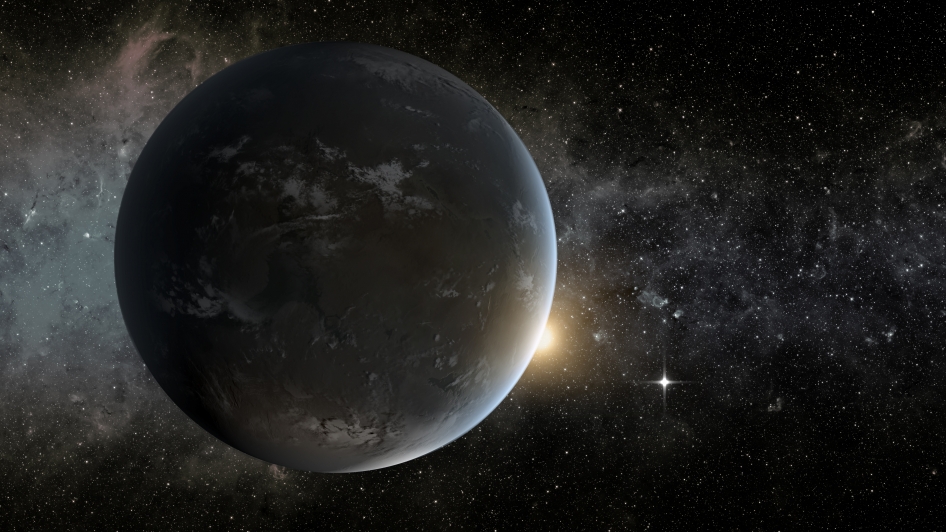Special delivery! See our visiting baby yaks (Dec. 20–Jan. 5) this holiday. Learn more
Science News
1,000 Exoplanets
October 28, 2013
by Josh Roberts

The discovery of the first exoplanets nearly twenty years ago led to palpable excitement among astronomers—finding planets around distant stars seemed like something from Star Trek, not real life!
Evidence suggested that these first few planetary discoveries did not resemble Earth or any other planet in our solar system—an exciting and unexpected revelation. After living in a universe with only eight (well, at the time, nine) known planets, these newly-found worlds provided surprising context to the ones we knew. As our skill and sophistication grew, we began to find planets more quickly and the planets we found proved even more interesting—super Jupiters and mega-Earths filled the first hundred planets, and a few even had qualities which made them seem more Earth-like. Over the past few years, we have watched the number of known exoplanets climb through the hundreds quickly, and now, as of this week, we know of over a thousand!
So are astronomers breaking out the champagne and celebrating? Not so much.
It is amazing how blasé we can become about these amazing discoveries, yet when a new planet or two is added to scores and scores of them, our apathy almost makes sense. We know planets are common, and Earth-like planets appear to be fairly well represented. We have been nearing this conclusion for a decade, so it is hardly newsworthy.
But the very fact that we no longer care about discovering planets around distant stars is newsworthy in itself. We are discovering that these planets are more common than we could have ever hoped. Based on data from one of the best and most-lauded planet hunters, the Kepler mission, we have estimated that planets are as common as stars within the Milky Way galaxy—think hundreds of billions of them! Although that number dwarfs the discoveries we have made so far, it also opens up new vistas where we may truly find an Earth-like planet.
Perhaps we won’t hear much more about how many exoplanets we are finding—the total is no longer important—but rather we’ll hear more about the planets themselves—their orbits, their atmospheres, their potential habitability. Prospectors do not announce how many rocks they have seen but rather how many precious gems or minerals they have found. Sure, there might be another article or two like this one when we pass 10,000 in a few years, but just wait until we find Earth 2.0!
Josh Roberts is a program presenter and astronomer at the California Academy of Sciences. He also contributes content to Morrison Planetarium productions.
Image: Kepler 62f, NASA Ames/JPL-Caltech